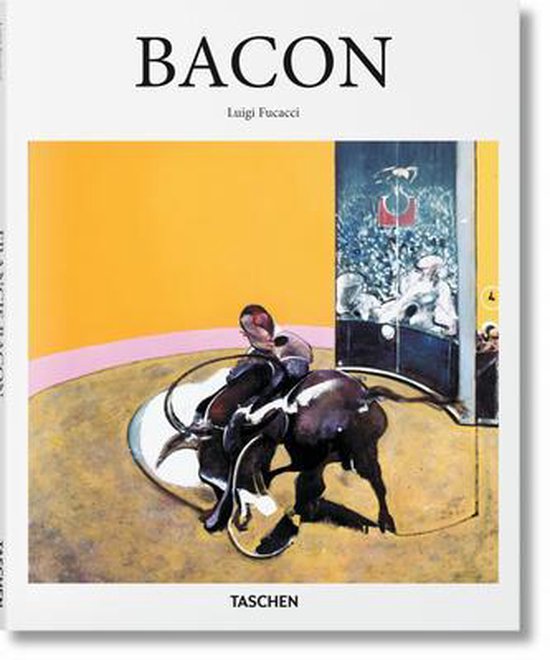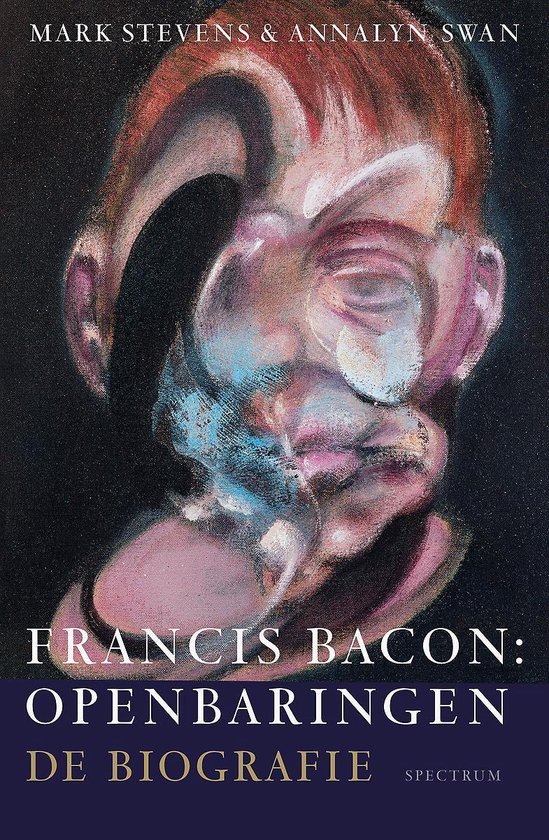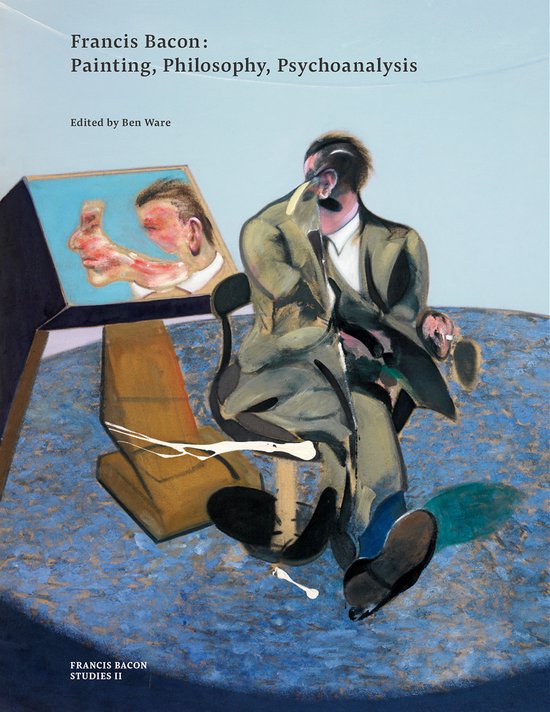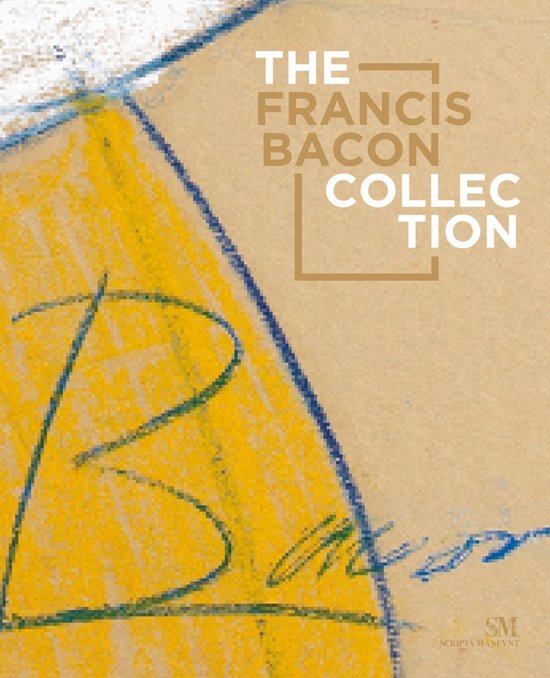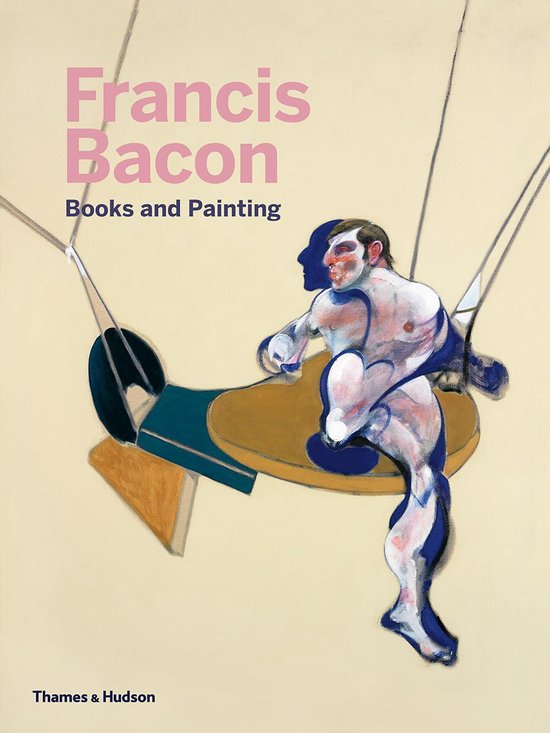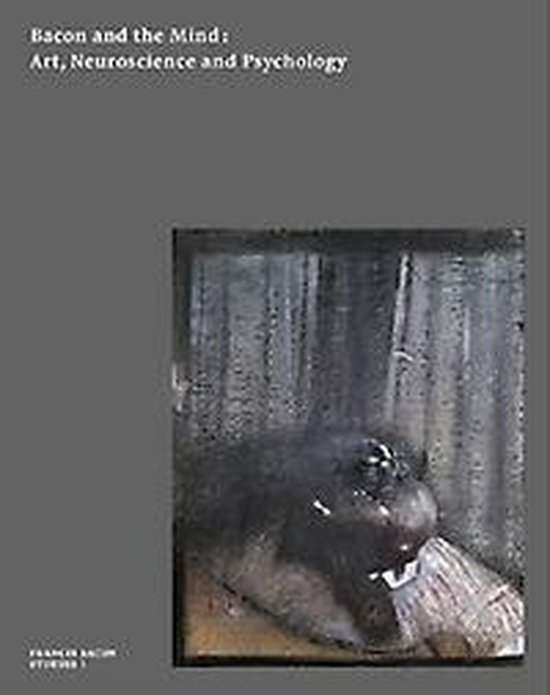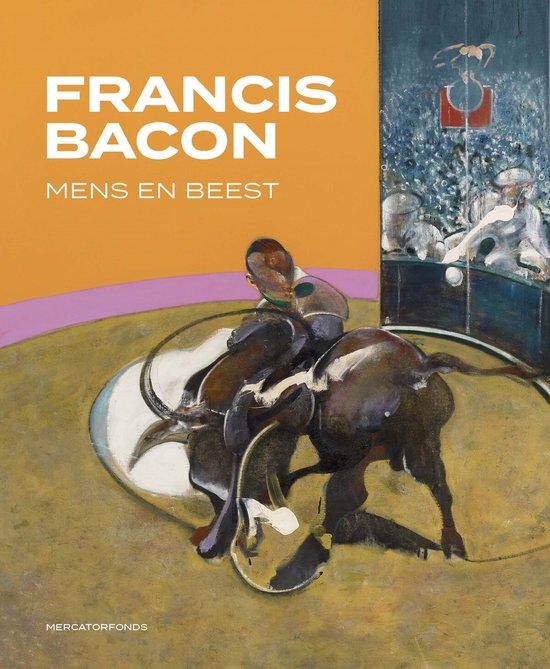
Francis Bacon
Explore Francis Bacon’s visceral paintings, where the line between human and animal is constantly blurred, reminding us that our primal instincts lie just below the surface. Irish-born artist Francis Bacon was the horse-breeder’s son who became one of the most important painters of the 20th century. An openly gay man at a time when homosexuality was illegal, he was banished from his conservative family home by his father at 16. After that, he drifted through Berlin and Paris before establishing himself in London, with his formative years running parallel with some of the 20th century’s most profoundly disturbing events. This powerful exhibition will focus on Bacon’s unerring fascination with animals: how it both shaped his approach to the human body and distorted it; how, caught at the most extreme moments of existence, his figures are barely recognisable as either human or beast. It also explores how Bacon was mesmerised by animal movement, observing animals in the wild during trips to South Africa; filling his studio with wildlife books, and constantly referring to Eadweard Muybridge’s 19th-century photographs of humans and animals in motion. Whether baboons or bulls, dogs or birds of prey, Bacon felt he could get closer to understanding the true nature of humankind by watching the uninhibited behaviour of animals. Spanning Bacon’s 50-year career, highlights include some of Bacon’s earliest works and his last-ever painting, alongside a trio of bullfight paintings which will be exhibited together for the first time. Seen together, these raw expressions of anxiety and instinct – both animal and human – feel poignantly relevant today. In this publication accompanying an exhibition of Francis Bacon’s paintings, expert authors discuss his approach to animals and identify his sources of inspiration, including Surrealist literature and Eadweard Muybridge’s photographs. They contend that, by depicting animals in states of vulnerability, anger and unease, Bacon sought to delve into the human condition. FR Dans le cadre de l’exposition de ses tableaux consacrés aux animaux à la Royal Academy, cet ouvrage explore leur rôle dans l’oeuvre de Bacon. Des spécialistes détaillent son approche et identifient ses sources d’inspiration. En montrant des animaux dans un état de vulnérabilité, de colère ou de mal-être – notamment dans le cadre de corridas –, Bacon cherchait, selon eux, à pénétrer la condition humaine. NL Dit boek focust op de rol van dieren in het werk van Francis Bacon (1909–1992). Bacon schilderde vaak honden en paarden, en in 1969 voor het eerst een stierengevecht, een interactie tussen mens en dier die gevaarlijk en wreed is, maar ook verontrustend intiem. In deze publicatie identificeren deskundige auteurs Bacons inspiratiebronnen en bespreken ze zijn benadering van dieren in het onderzoek dat hij voerde naar de condition humaine.
| Auteur | | Stephen Eisenman |
| Taal | | Nederlands |
| Type | | Hardcover |
| Categorie | | Kunst & Fotografie |
